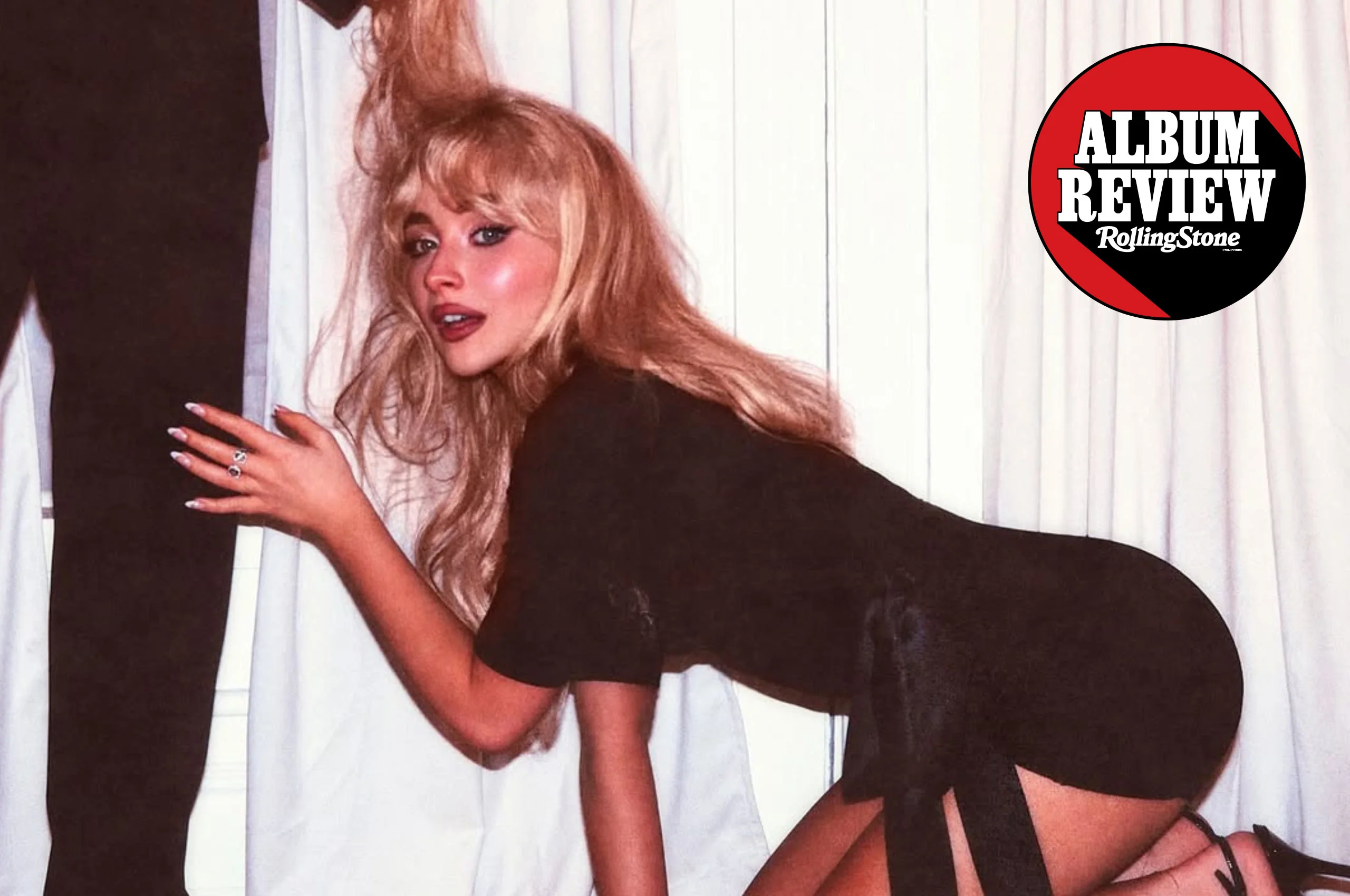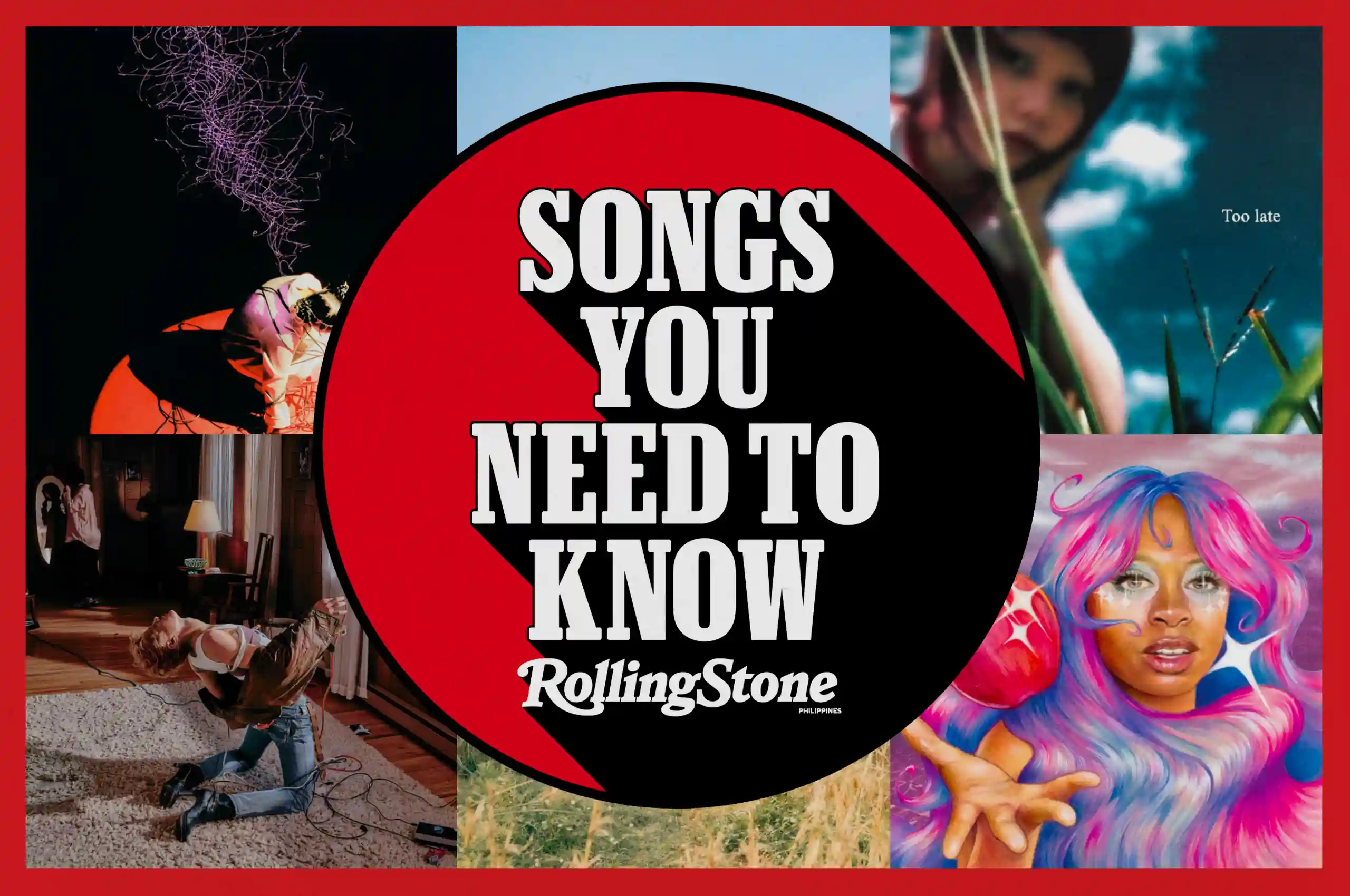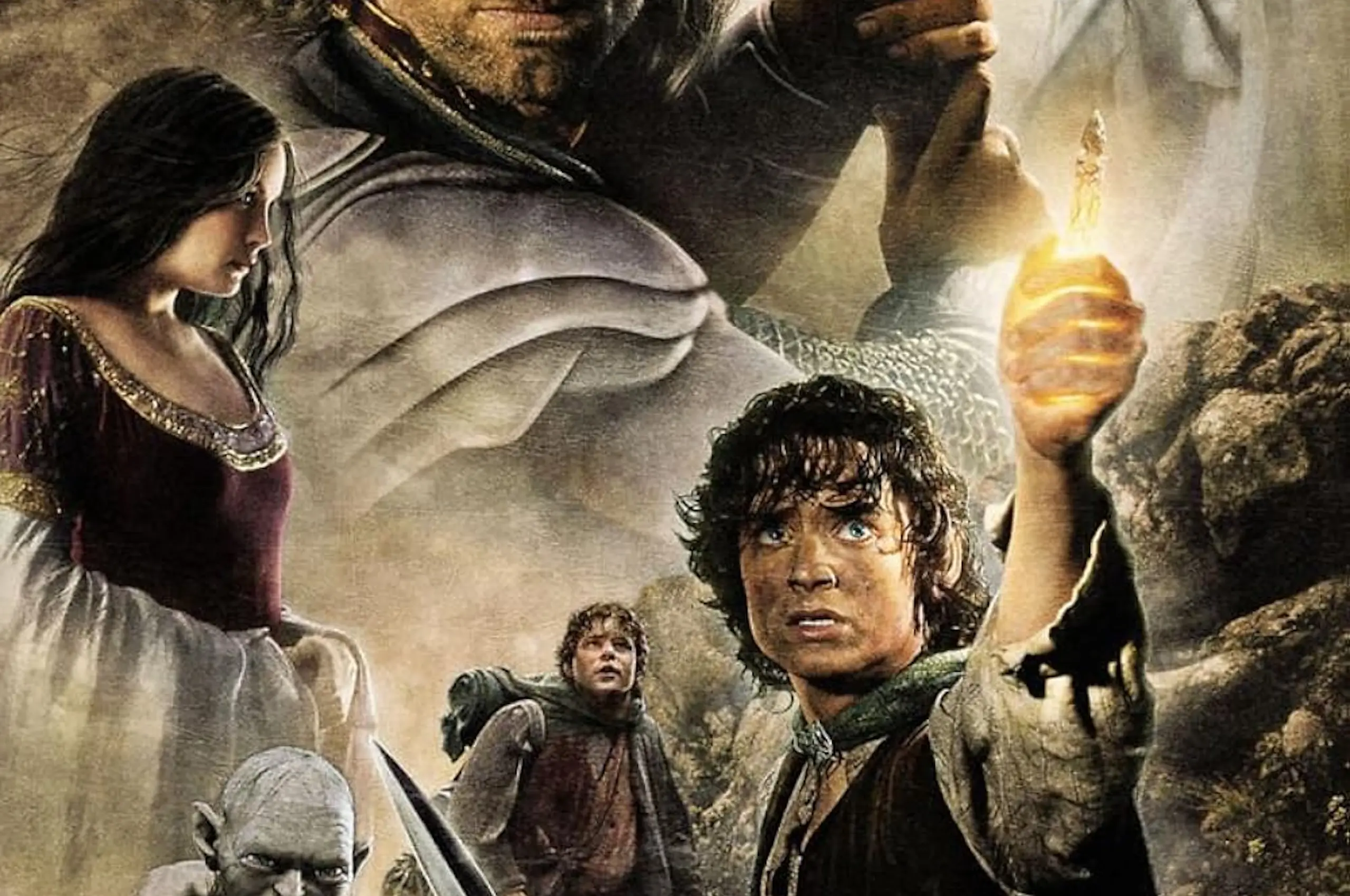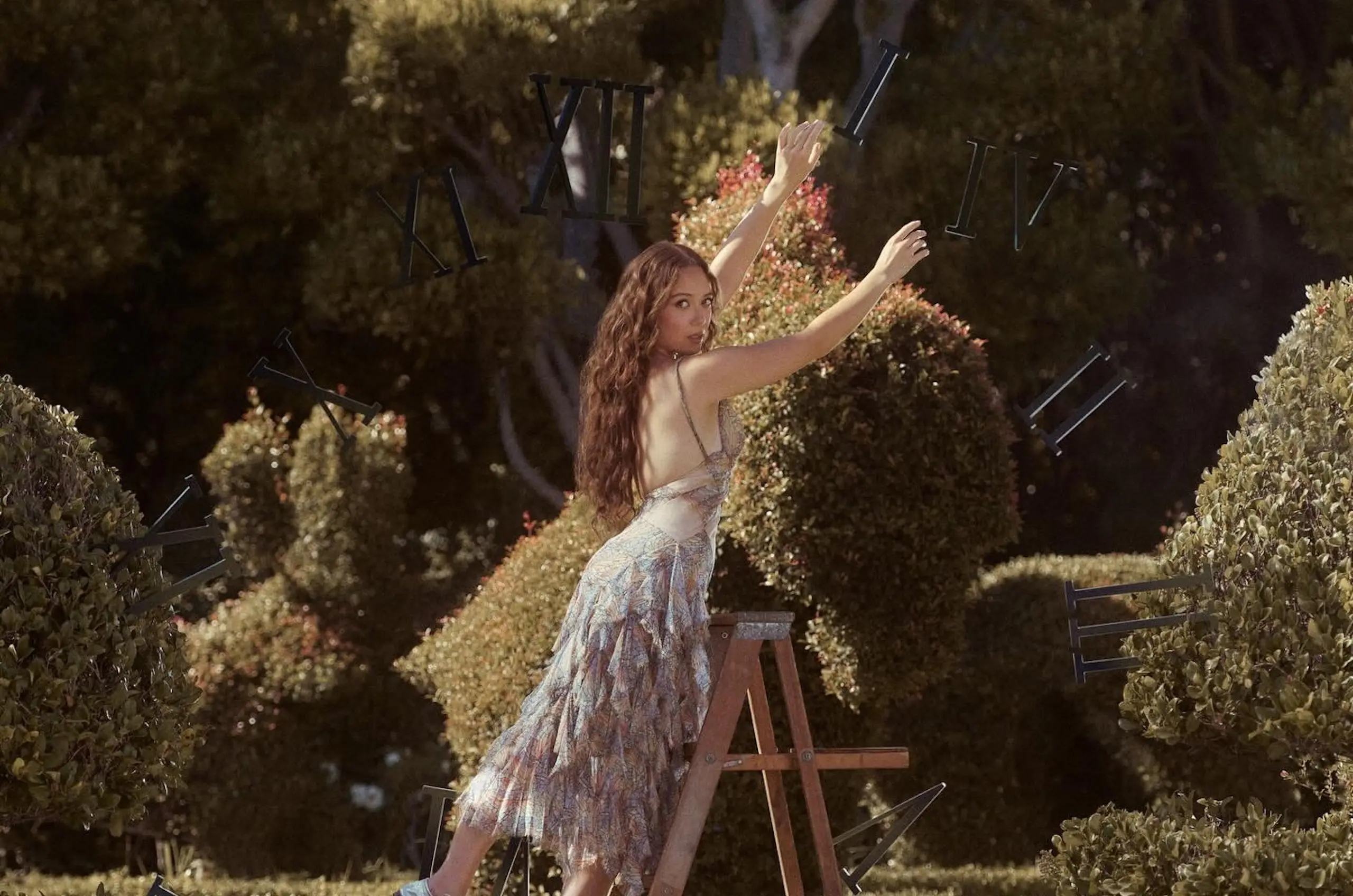The last time I listened to a full Sabrina Carpenter album was 10 years ago, when the ukulele pop track “Can’t Blame a Girl for Trying” off Eyes Wide Open became a hit in my bedroom. Since then, I only ever heard the ex-Disney star’s TikTok-favorite hits such as “Please Please Please,” “Bed Chem,” “Espresso,” and “Juno” from Short n’ Sweet.
In Man’s Best Friend, Carpenter rejoins Short n’ Sweet producer John Ryan and songwriter Amy Allen, and brings in Jack Antonoff, who got members of his band, Bleachers, to record live instrumentation.
There was a lot of pearl-clutching when Carpenter revealed the album cover: the blonde on all fours before a man, who’s grabbing her hair. Many thought it was regressive for Carpenter to position herself as promiscuous and submissive, as if she were giving men power over her. The panic isn’t unwarranted in the era of a second Trump presidency and what feels like culture making the degradation of women acceptable again.
The irony that Carpenter aimed to play into was unfortunately lost to these audiences. While Man’s Best Friend isn’t a radical feminist body of work, it does speak (quite freely) of the heterosexual woman’s woes when it comes to romantic and sexual relationships with men. In this way, the music makes the album cover less a picture of submission and more of a reflection of Carpenter’s dating frustrations.
“She croons, belts, sighs, and tosses off spoken asides with ease, moving between disco diva and small-town storyteller in a single breath.”
Much of the album is built on a disco-pop chassis, but Carpenter and her collaborators refuse to treat the style as mere pastiche. The singer relishes the tradition of disco’s glossy surfaces, but also uses them as a stage for her wry one-liners and eye-rolls. At times, the music reaches back toward the pulsing sensuality of Donna Summer, at others, the gleaming theatricality of ABBA. By the end of the album, the references get a little cloying, but both influences still shimmer, especially in songs like “Tears,” which is equal parts dance-floor glitter and deadpan commentary on a man’s inability to act responsibly.
Elsewhere, the record indulges in Carpenter’s gift for surprise. She flirts with country elements on the opener “Manchild” and again in the barnstorming “Go Go Juice,” complete with gang vocals and fiddle-like breakdowns that nod to live band energy. At the opposite extreme are the slower, guitar-anchored grooves of “Sugar Talking,” or the sorrow-soaked waltz of “Don’t Worry I’ll Make You Worry,” where Antonoff returns to the damp, reverb-heavy production style familiar from Taylor Swift’s folklore and evermore.
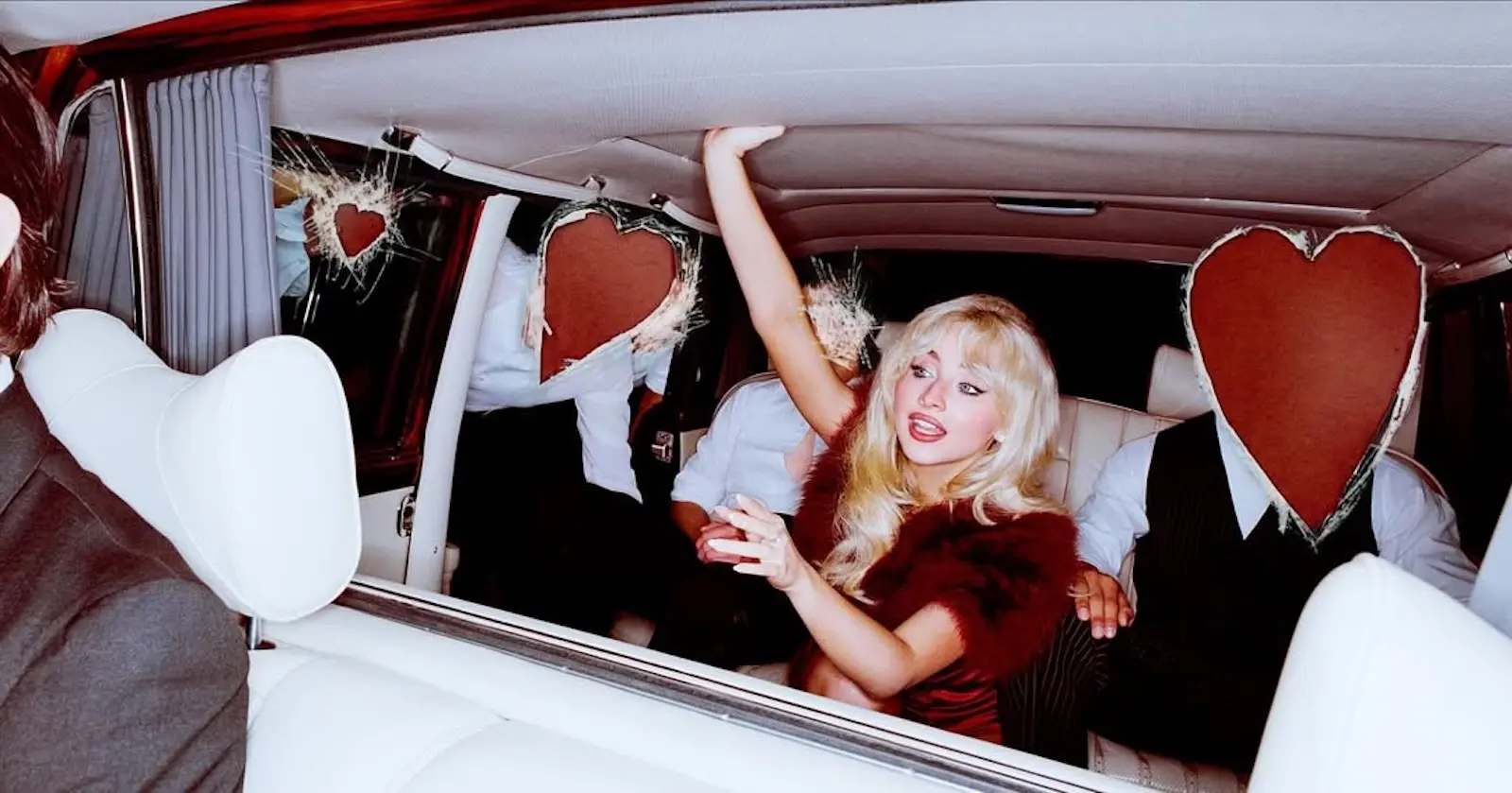
She also slips into pure pop nostalgia with “Nobody’s Son,” which borrows the sunny shimmer of Paris Hilton’s “Stars Are Blind” before turning it on its head with bitter lyrics. Even the closing track, “Goodbye,” reaches back to ABBA, with the shouted “Aha!” echoing “Voulez-Vous” before it explodes into brass, harmonies, and a sense of triumph.
Her sense of humor is never far away. Lines like “Gave me his whole heart, and I gave him head” or “You were an ugly kid, but you’re a sexy man” land with perfect comedic timing, cutting through the lush production to remind us that Carpenter is in on the joke. Yet she’s also careful not to lean so hard into punchlines that the songs collapse into novelty. Even in her most biting numbers, you can hear her disappointment cracking through, a reminder that the humor is always a coping mechanism.
It helps that she’s never sounded more confident vocally. She croons, belts, sighs, and tosses off spoken asides with ease, moving between disco diva and small-town storyteller in a single breath. On songs like “My Man on Willpower,” her voice balances tenderness with a wink at her own predicament, ensuring that neither the comedy nor the emotion overwhelms the other.
The sequencing of the album also does a lot of heavy lifting. For every glittery dance number, there’s a more stripped-back cut waiting to ground the listener. For every rant about a failed lover, there’s a moment of levity or sonic experimentation that keeps the album from curdling into bitterness. By the time the closing horns of “Goodbye” arrive, Carpenter sounds like she’s stepped out of the loop of bad boyfriends and found the punchline herself.
What ultimately makes Man’s Best Friend feel like more than a collection of jokes and disco pastiche is the honesty at its core. The cover may have invited scandal, but the record clarifies its intent. It’s a woman laughing at the absurdity of modern dating, shaking her head, and still dancing anyway.
Read the story and more in the Arts and Culture issue of Rolling Stone Philippines. Order a copy on Sari-Sari Shopping, or read the e-magazine now here.


